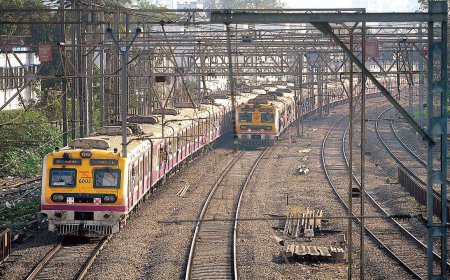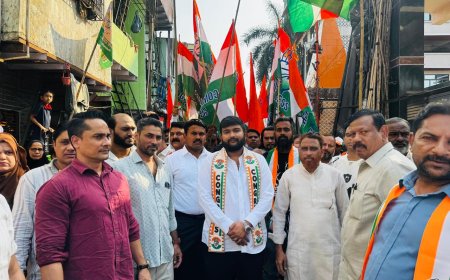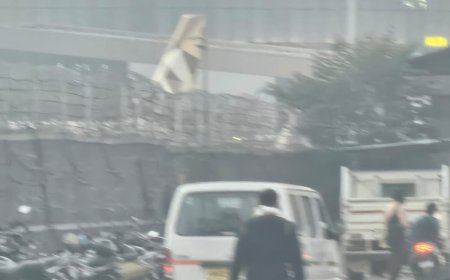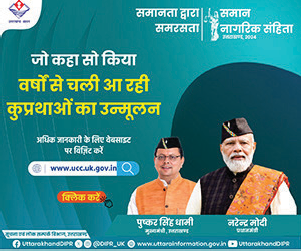New Delhi:In a significant legal development, the Supreme Court of India addressed Arvind Kejriwal's bail plea on Thursday, despite the Central Bureau of Investigation's (CBI) strong objections. The CBI, which had previously opposed the Delhi Chief Minister's bail, argued that granting relief to Kejriwal would undermine the Delhi High Court's authority.
A bench comprising Justice Ujjal Bhuyan and Justice Surya Kant dismissed the CBI's contention that the High Court would be demoralized by such a decision. "Don't say that," the bench reportedly responded to the federal agency’s argument, emphasizing that the High Court's judgment should not be affected by the decision of the top court.
The CBI's Additional Solicitor General, SV Raju, contended that Kejriwal had improperly bypassed the lower court, namely Delhi's Rouse Avenue Court, and directly approached the High Court for bail. Raju argued that the Sessions Court should have reviewed the plea first, stating, "He approached the High Court without going to the Sessions Court... on merits, the trial court could have seen it first."
The argument drew a sharp retort from AAP MP Raghav Chadha, who took to social media platform X to sarcastically criticize the CBI's logic, posting, "If the Sun rises from the East, it will demoralise the West."
Earlier in August, the Delhi High Court had denied Kejriwal's bail plea, directing him to approach the Sessions Court for relief. The AAP chose to escalate the matter to the Supreme Court, referencing the top court’s prior observations regarding the release of former Deputy Chief Minister Manish Sisodia, suggesting that sending Kejriwal back to the trial court would be akin to "playing a game of snakes and ladders."
Following Thursday's hearing, the Supreme Court reserved its verdict on Kejriwal’s bail plea and on a separate challenge against his arrest by the CBI.
Kejriwal, who has been detained since late March, was briefly released in June but returned to Tihar Jail after the general election results. The CBI and Enforcement Directorate (ED) allege that Kejriwal was instrumental in formulating a new liquor excise policy for Delhi, which purportedly facilitated kickbacks of around ₹100 crore from a 'South group' led by Bharat Rashtra Samithi (BRS) leader K Kavitha. These funds, the agencies claim, were used for the AAP's election campaigns in Goa.
Senior advocate Abhishek Singhvi, representing Kejriwal, criticized the CBI's actions as a deliberate effort to prolong the AAP leader's incarceration, especially with the Delhi Assembly elections approaching early next year. Singhvi highlighted that Kejriwal had already been granted bail in the ED case, meeting the 'triple test' criteria for bail. He also pointed out that other accused in the case, including Sisodia, AAP Rajya Sabha MP Sanjay Singh, and K Kavitha, had been granted bail.
Singhvi argued against prolonged incarceration, referencing the Supreme Court’s statements in the Sisodia case, and questioned the feasibility of completing the trial given the specific circumstances of the excise policy case.
The allegations against Kejriwal, the AAP, and other accused involve charges of corruption and misuse of power, which they deny, countering that these actions are part of a broader campaign by the ruling Bharatiya Janata Party (BJP) against opposition leaders and parties ahead of elections.



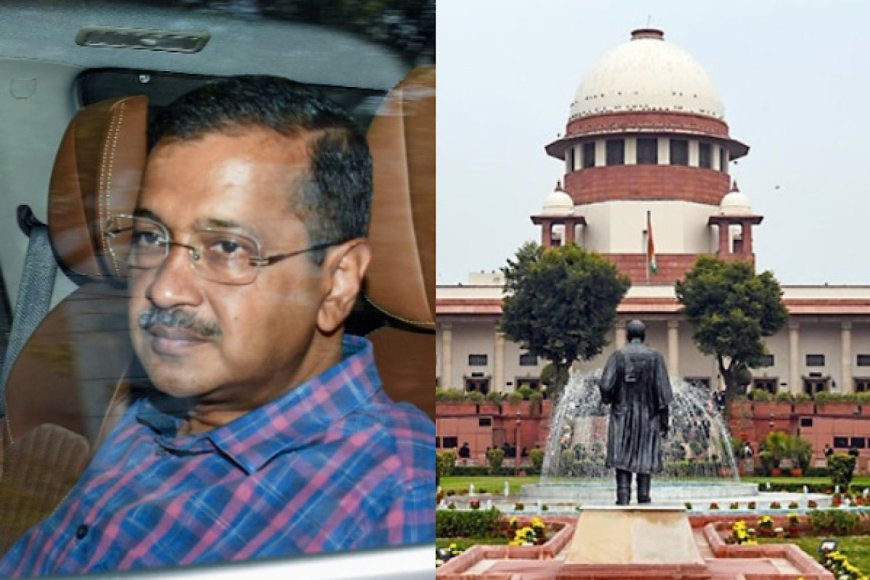
 Previous
Article
Previous
Article

